
The Radical Healing Framework
The Psychology of Radical Healing (PRH) is an innovative theoretical framework grounded in liberation psychology, ethnopolitical psychology, Black, Latinx, Asian, and Indigenous psychologies, and intersectionality theory. The framework is designed to assist People of Color in healing from racial trauma by supporting individuals and communities to acknowledge and actively resist oppression while envisioning possibilities for liberation and wellness. PRH is grounded in five anchors that include (a) critical consciousness, (b) radical hope, (d) cultural authenticity and self-knowledge, (c) emotional and social support, and (d) strength and resistance. PRH was developed by a team of psychologists from diverse racial and ethnic backgrounds, including Bryana H. French, Jioni A. Lewis, Della V. Mosley, Hector Y. Adames, Nayeli Y. Chavez-Dueñas, Grace A. Chan, and Hellen A. Neville.
What is Ethno-Racial Trauma
Ethno-Racial Trauma is the stress, suffering, and fear of danger that People of Color can experience when they experience or witness discrimination, threats of harm, violence, and intimidation. The oppression towards Communities of Color that causes Ethno-Racial Trauma is ongoing, making it important to talk about it with your mental health provider and the people in your life.
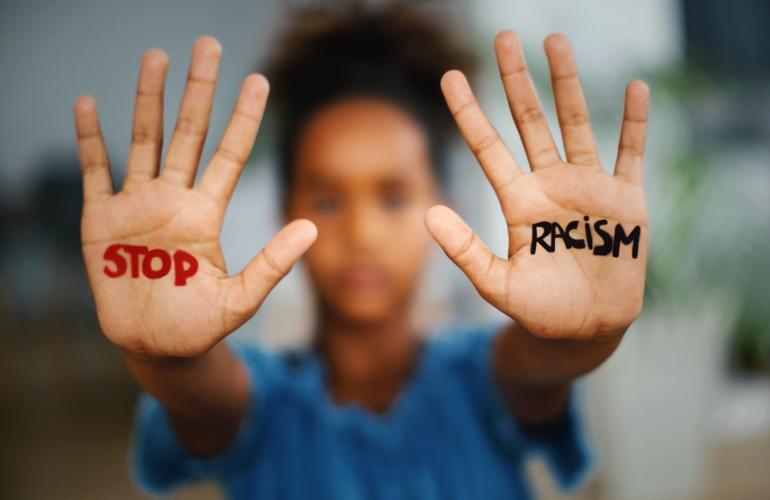
Who Can Experience Ethno-Racial Trauma
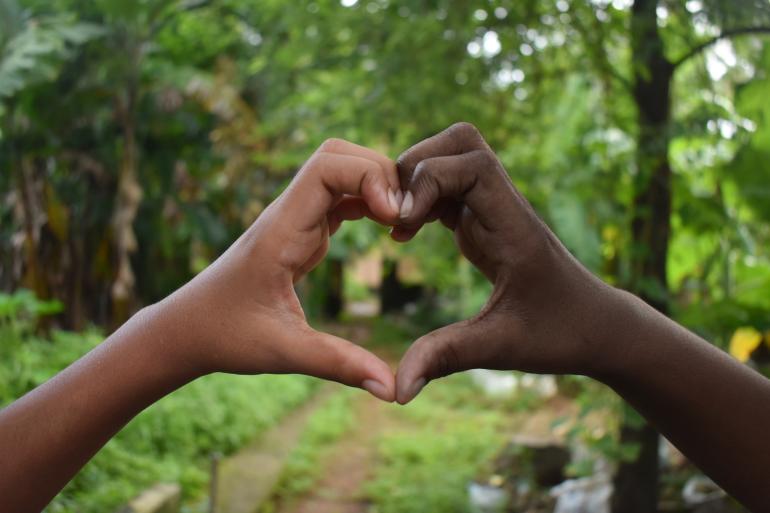
How Does Ethno-Racial Trauma Impact People’s Health
Ethno-Racial Trauma is a psychological injury that is caused by an oppressive environment or unjust laws and policies, which can negatively impact your physical and mental health. It can harm how you view yourself and your sense of connection with your cultural or racial group. Ethno-Racial Trauma can make you feel guilty for having a typical reaction to oppression, such as anger, fear, stress, shame, and believing dehumanizing stereotypes about your group. It can also make you think that you did something wrong when this is not the case.
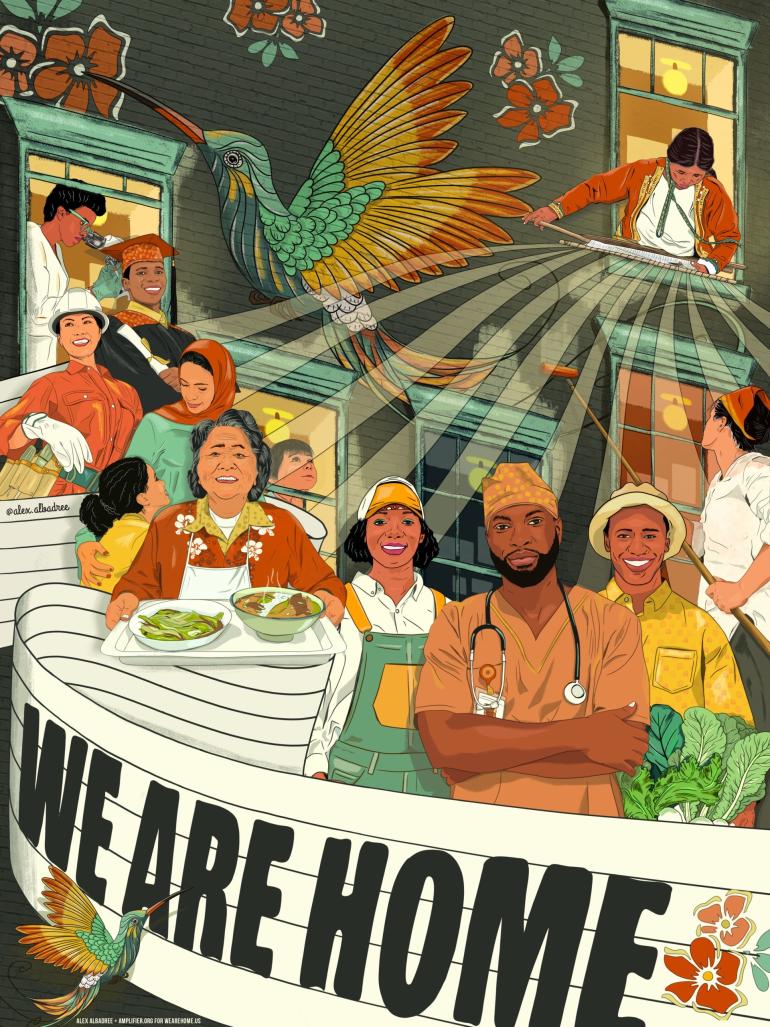
How is Ethno-Racial Trauma Addressed?
- Critical Consciousness
- Cultural Authenticity and Self-Knowledge
- Radical Hope and Envisioning Possibilities
- Collectivism
- Strength and Resistance
Training Objectives
- Participants will identify the ways that oppression impacts the Black, Indigenous, and People of Color (BIPOC).
- Participants will be able to describe raced-based stress and racism related trauma.
- Participants will be able to list the tenets of intersectionality.
- Participants will identify the four theories that ground the Psychology of Radical Healing Framework.
- Participants will be able to describe the five domains of the Keeping Radical healing in mind.
- Participants will identify ways of integrating the Keeping Radical Healing in mind framework into their clinical practice with BIPOC clients.
Trainers:
Co-developers Dr. Nayeli Chavez-Dueñas and Dr. Hector Adames
Training Location:
All training is currently offered virtually via Zoom.
Training Duration:
Radical Healing is a one-day training, 6.5 hours in length.
Training Size:
A minimum of 20 participants is required to schedule a training. The training maximum is 30.
Implementation Consultation Calls:
Implementation support is provided to groups of up to 10 participants at one month and three months post training. Both developers participate in the call to support successful implementation of the framework into clinical practice. Calls will be scheduled post training and coordinated with organizational representative.
Training Cost:
The training is offered to organizations free of cost. All costs for the training are sponsored by SAMSHA and the NCTSN.
Continuing Education Units (CEUs):
The Trauma Training Academy of the Center for Child and Family Traumatic Stress is authorized by the Maryland State Board of Social Work Examiners, the American Psychological Association, and the National Board of Professional Counselors as a sponsor of Continuing Education Units. Participants must arrive on time and stay until the end of the training to receive continuing education credit. No partial credit is awarded. Certificates of Attendance will be provided to all participants that are not eligible for continuing education credits or who are not present for the full duration of the training.
Meet the Developers
Hector and Nayeli co-developed HEART and are also co-developers of the Psychology of Radical Healing along with Drs. French, Lewis, Mosley, Chen, and Neville. They are passionate professionals who have dedicated their work to improving the lives of those who have experienced ethno-racial trauma. They cite the importance of community as a significant influence in their decision to do this work. They talk about the challenges related to oppression and recognize its inhumanity. They discuss how oppression does not take away the strength and the healing power of community that allows BIPOC to flourish and thrive in the face of adversity. Hector and Nayeli immigrated to this country as children, and their experiences have shaped their values. Those experiences and values have bound them together in this work. Both shared that something was missing despite their formal education and development as psychologists. This is often the immigrant experience: never quite feeling like you are at home. Each has found what feels like home in their work and contributions to the communities they love.
For Hector and Nayeli, writing is a form of social and racial justice and is the fuel that motivates them to do the work. Their work supports a critical paradigm shift for Latinx psychology. They stress the importance of seeing race and authentically exploring the painful history they all share around racism and internalized colorism to create a truly healing process in the lives of the people they serve. Both describe the process of developing HEART as spiritual synchronicity.
Hector and Nayeli challenge us to imagine our world and profession where Black, Indigenous, and other People of Color have equal access to opportunities; a world where everyone can flourish, thrive, and lead.
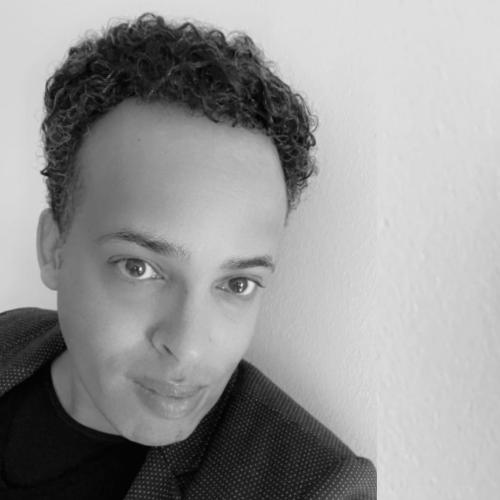
Hector Y. Adames, PsyD
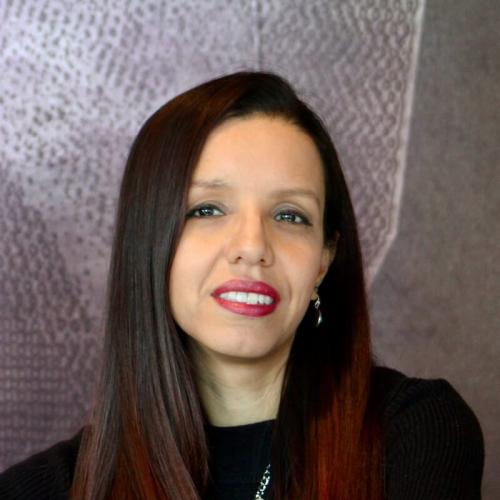
Nayeli Y. Chavez-Dueñas, Ph.D.
